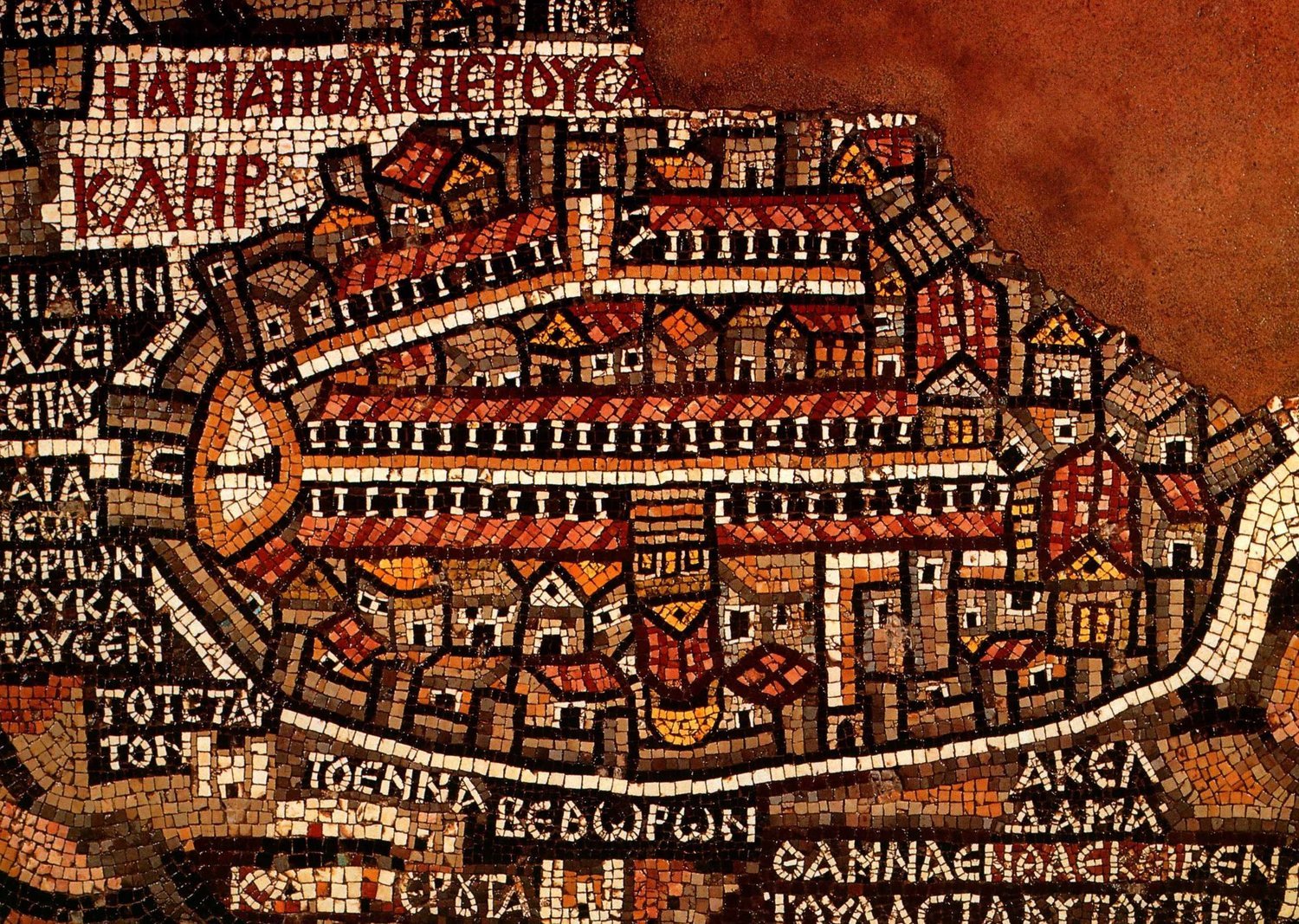First of all, my lecture. Titled "The Place of Geography in the Medieval European Science", it met with moderate success. The audience was familiar, so I did not need to introduce myself. Based on three chapters from Unit I of my manuscript, "The Enchanting Encounter with the East", the lecture was accompanied by numerous illustrations and charts. The meat of the matter was to show that medieval conceptions were scientifically sound, prone to arguments, and in many cases inconclusive, i.e., requiring additional research.
I am so happy to read accounts of maritime journeys for my current project. I have already got acquainted with the diaries of Felix Fabri and Pietro Casola and now I am studying the report submitted by Roberto da Sanseverino. The last one is the most productive since its author has a deep understanding of navigation problems. Besides, the editor, Vidoni, presents and explains entangled issues to my satisfaction. Pietro Casola,
I have other names on my reading list. I need to check whether they are relevant or not for my research. I mean, if they are translated into English and add notable data to my growing database. After checking these names, I can resume reversing the collected material and weigh my chances to make a good story. I want to remind you that I had prepared the early version of this chapter about seven years ago. This is about a complete reversal of the previous work. This time, it will be a new manuscript, where advances in navigation serve to explain which needs they attempted to meet and to what extent they were successful. I think I will be able to debunk a few trends of conventional wisdom. I will continue my story to include the sixteenth century, i.e., to cover the medieval and the Renaissance periods.
I recently got a negative response from a literary agent, whom I asked to represent my manuscript, "The Enchanting Encounter with the East". He gave a positive comment on my work as an amateur enthusiast but added that editors prefer to deal with the leaders in the field. I suddenly understood my uniqueness as a writer. My work does not aim at the scientific community only. I also address the general audience. I discuss the ideas and make suggestions. And often deliver the proofs. The thought that the "leading experts" can cover the entire topic is absurd and hampers scientific research which is based on checking and rechecking every opinion and hypothesis. The more choice the reader or listener has the better. My piece of luck is that the Internet gives me a chance to appeal to readers above the head of strict editors and severe literary agents.
